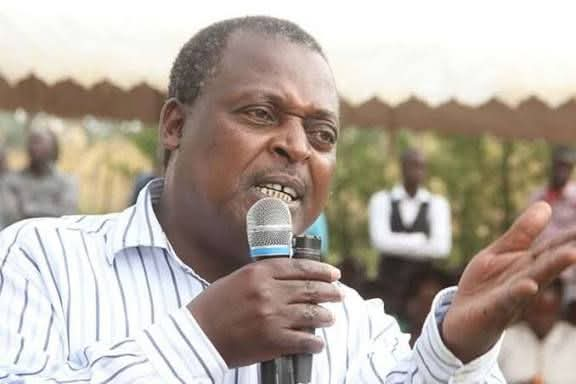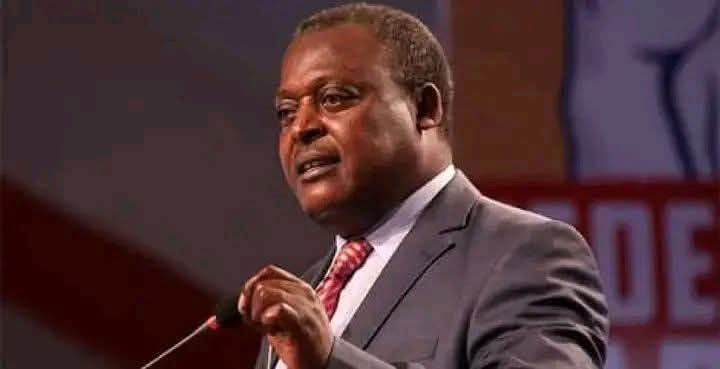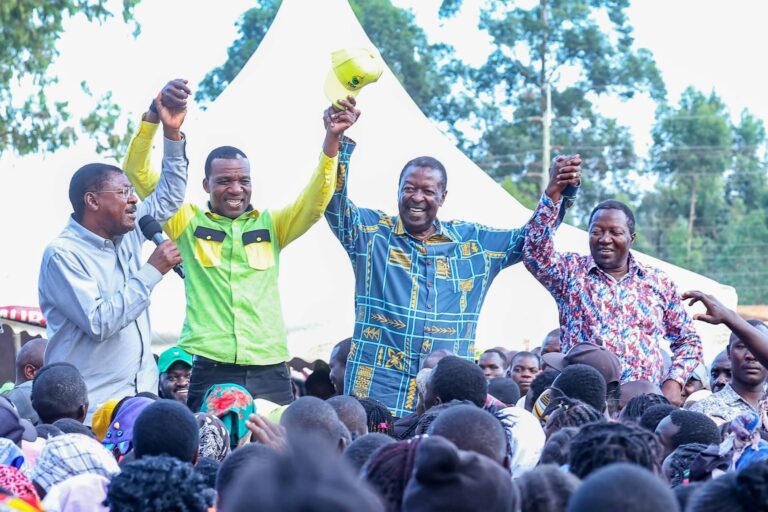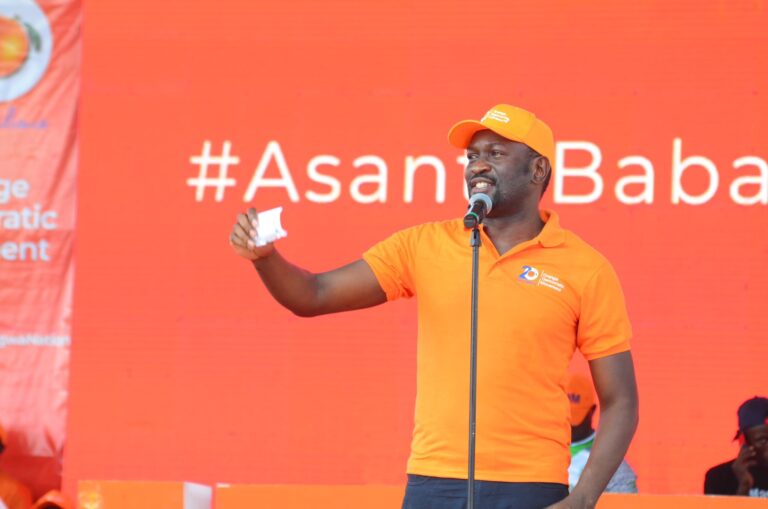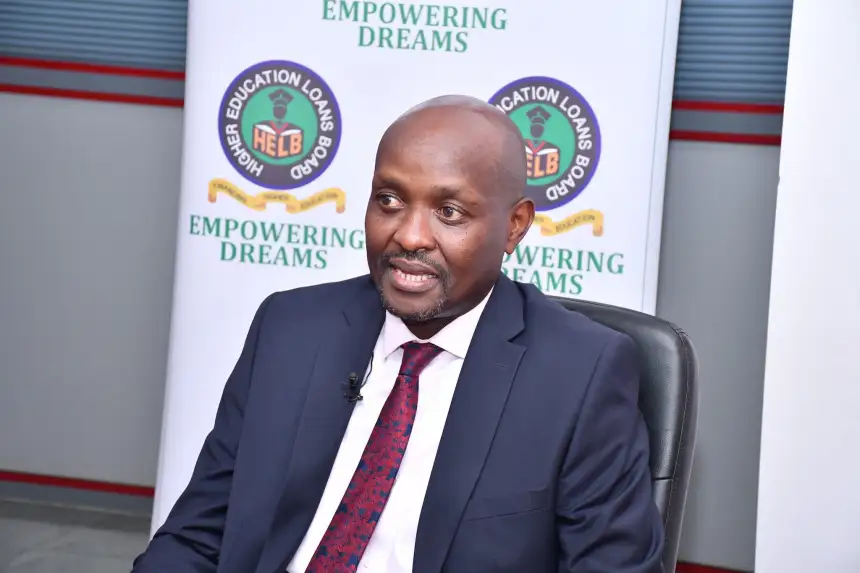
HELB CEO Geoffrey Monari at a past function. Monari said on Tuesday that the Board has no money to loan September intake students. Photo: Education News.
A crisis is looming in the education sector that threatens thousands of students from vulnerable families to shatter their dreams in joining universities.
The student’s loan board Higher Loans Board (HELB) has confirmed it doesn’t have money to issue to new students set to join universities in September.
Confirming the fears of many students, HELB CEO Geoffrey Monari said that the students received only upkeep money and not tuition, with a dire situation looming, as the second semester the students did not receive any allocation.
In the 2024/2025 financial year, the board received KSh 26 billion despite requiring KSh 48 billion, which saw over 100,000 students failing to receive support last year. Monari said that the board prioritized upkeep to curb the rising unrest, but decried of a crisis in universities and TVETs.
“Universities and TVETs are bleeding, the situation is bad. We avoided protests, but the money is still not enough,” Monari disclosed.
As the future of other students remain in limbo and the board bottled-neck due to lack of funds, previous beneficiaries are living in comfort and escaping repayment despite securing jobs.
Monari stated that they want Kenya Revenue Authority (KRA), National Transport and Safety Authority (NTSA), and other data tracking agencies to trace the defaulters on force repayment.
“We are working with KRA and NTSA to track these defaulters, some have bought cars and failed to repay their HELB loans, this has to stop,” Monari stated.
In curbing the looming crisis in higher education, HELB has proposed a 3% education levy drawn from Value Added Tax (VAT), as witnessed in Ghana’s education model, which Monari said will provide a sustainable long-term funding of education.
“We are proposing a 3% VAT allocation to fund higher education like Ghana does with 2.5%,” Monari added.
National Assembly Chairperson Education Committee Julius Melly also forwarded a proposal of parents voluntarily saving for their children’s education that will be managed by HELB.
According to him, the plan will reduce the burden on government loans and create a long-term investment in education. In the investment, parents will save, earn dividends and also borrow like any other investment fund.
September intake students remain uncertain of accessing the funds, if the situation is not sorted by education stakeholders in higher education in the country.

